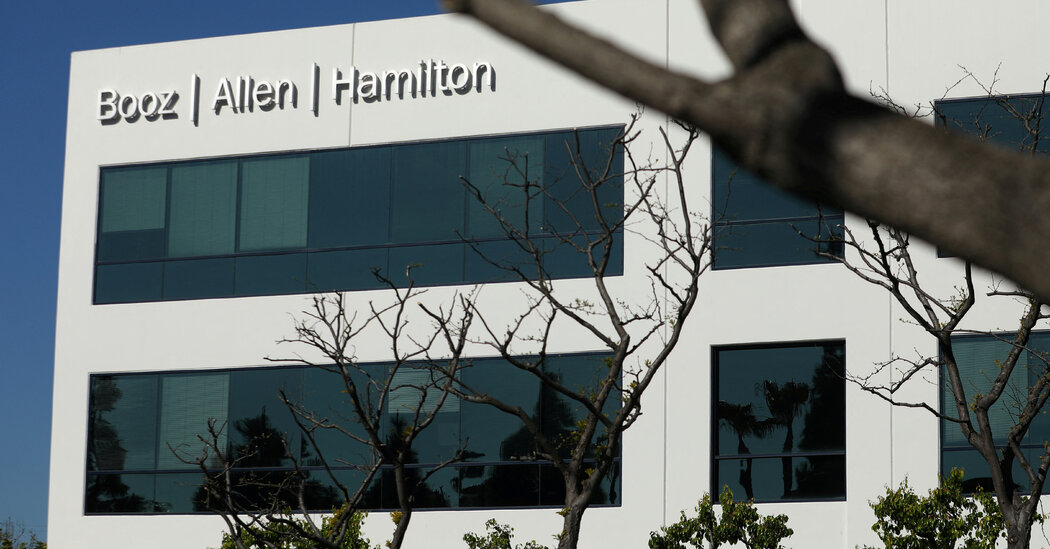The consulting firm Booz Allen Hamilton has agreed to pay $377.5 million to settle a federal lawsuit accusing it of false billing to the U.S. government, the Justice Department said Friday.
The settlement resolves allegations that Booz Allen improperly charged the government for indirect costs it should have billed under its commercial and international contracts between 2011 and 2021, the Justice Department said in a press release. The government had claimed that the company received “compensation from the government for the cost of commercial activities that did not benefit the United States.”
The indirect costs of a consulting firm can include expenses such as equipment, marketing, and office space.
Based in McLean, Virginia, Booz Allen has lucrative defense and intelligence contracts with the federal government. Investigators began reviewing the company’s billing practices in 2016.
“Government contractors need to turn the corner when they bill the government for costs under government contracts,” Brian M. Boynton, deputy assistant attorney and chief of the Justice Department’s civil division, said in a statement.
Matthew M. Graves, U.S. attorney for the District of Columbia, said in the press release that the settlement was “one of the largest purchase fraud settlements in history.”
A spokeswoman for Booz Allen said in a statement Friday that the company believed it had acted “lawfully and responsibly.”
“It has decided to settle this civil inquiry for pragmatic business reasons to avoid the delay, uncertainty and expense of protracted litigation,” the spokeswoman said. “The company did not want to participate in what would likely have been a years-long litigation with its largest client, the US government, over an immensely complex case.”
A parallel criminal investigation into the allegations by the Department of Justice closed without charges in 2021. An investigation by the Securities and Exchange Commission continues.

